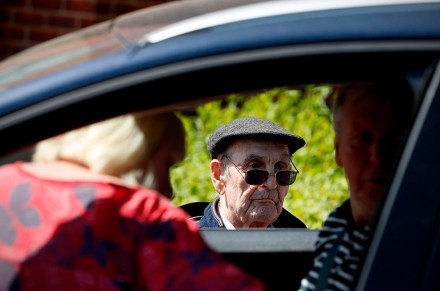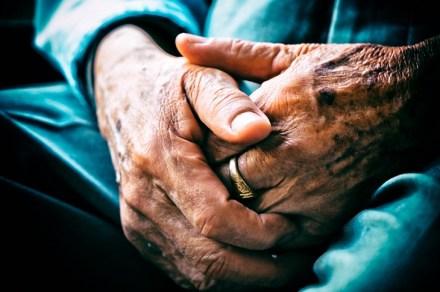It’s shameful how we have locked down our elderly
There’s a lot I don’t know about care home visits during this pandemic. I don’t know how straightforward it would be to find a way for close relatives to make proper and regular visits to the very frail. I don’t know details of the arrangements for staff in those care homes to work there and go home afterwards, as hospital staff do too. I don’t know the floor-plans of the thousands of care homes in the United Kingdom, nor how each could be adapted to allow high-priority visits from a relative. There are some 15,000 homes in England alone, and some half a million old people living in them. I




